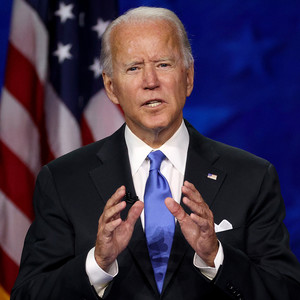US
The United States has adjusted the value limits for goods that are considered luxury goods and therefore cannot be exported to Russia, according to a statement from the US Department of Commerce.
Initially, for example, items of clothing or shoes under $1,000 were not considered luxury goods, but the United States lowers this threshold to $300 per item. Thus, the EXPORT control regime for luxury goods destined for Russia is being tightened.
The Bureau of Industry and Security (BIS) of the US Department of Commerce explained the decision to lower the threshold by saying that the restrictions were softer than those of Washington's allies. For example, in the EU the luxury threshold is set at €300. At the same time, BIS set a threshold of $50,000 for cars.
In addition, the United States expanded the list of goods that are prohibited from exporting to Russia by:
www. electric or diesel generator sets and heating radiators; LEDs (zener diodes and microwave diodes); electronic integrated circuits; semiconductor-based converters; piezoelectric crystals, with the exception of quartz; cameras, including those for underwater photography and instant cameras, as well as spare parts for them.The United States imposed sanctions against the Russian sector of quantum computing Politics
The United States banned the export of luxury goods to Russia
in mid-March. Then the sanctions list included ALCOHOL , tobacco products, perfumes, clothes and shoes worth more than $1,000 per unit, precious stones, silk, electric cars, motorcycles and marine engines. The administration of President Joe Biden then said that the embargo on the supply of American luxury goods to Russia would affect goods with a total export value of $ 550 million a year.
According to the UN foreign trade database, imports of American luxury goods included in the list of the US Department of Commerce to Russia in 2020 amounted to no more than $1.57 billion.
The largest US imports to Russia potentially affected by the ban are cars (up to $939 million in 2020), cosmetics and perfumes (up to $156 million), motorcycles (up to $103 million), and alcohol ($76 million).
The European Union has banned the import of luxury goods into Russia under the fourth sanctions package. The restriction applies to luxury items that cost more than €300 per item, unless otherwise specified in the document. The ban affected alcohol, cosmetics and perfumes, cameras, as well as vehicles and smartphones.
The Russian authorities consider the restrictions introduced because of the hostilities in Ukraine illegal. Against the backdrop of sanctions and the departure of many foreign companies from the country, deliveries through parallel imports were allowed in Russia, that is, without the permission of the manufacturer.

